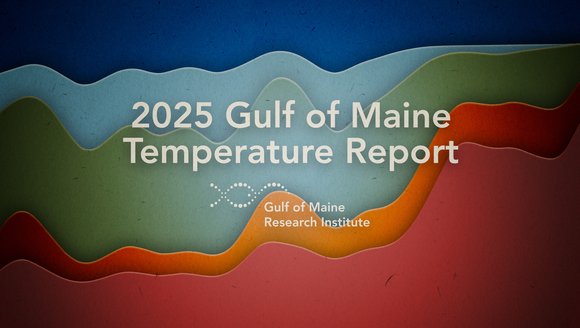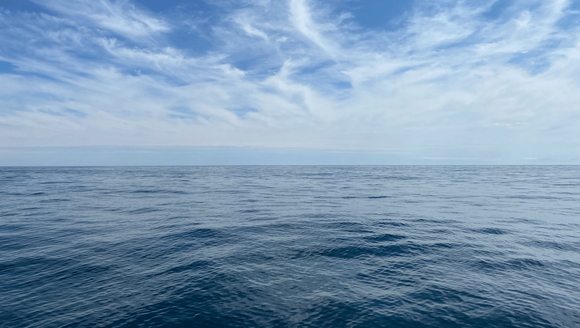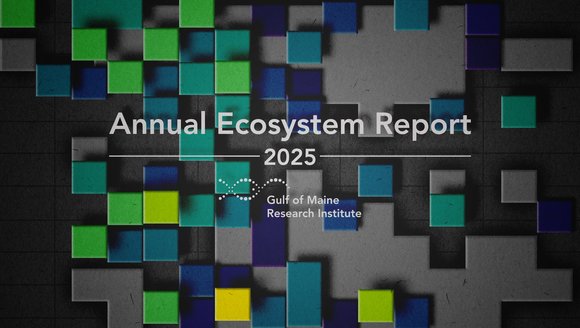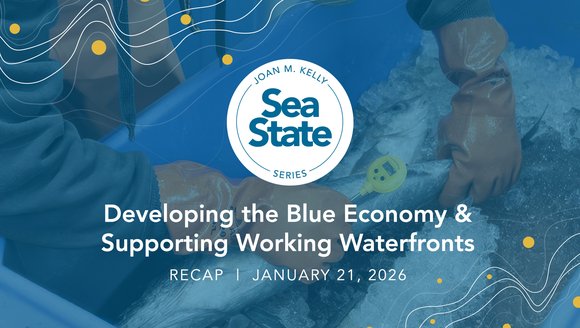Improving Climate-Readiness of US Fisheries
Announcements | Dec 31, 2017
The National Oceanic and Atmospheric Administration (NOAA) has awarded the Gulf of Maine Research Institute $1.1 million to investigate impacts of climate change on groundfish. Additionally, the researchers seek to understand how fisheries management practices might be improved to account for climate change impacts.
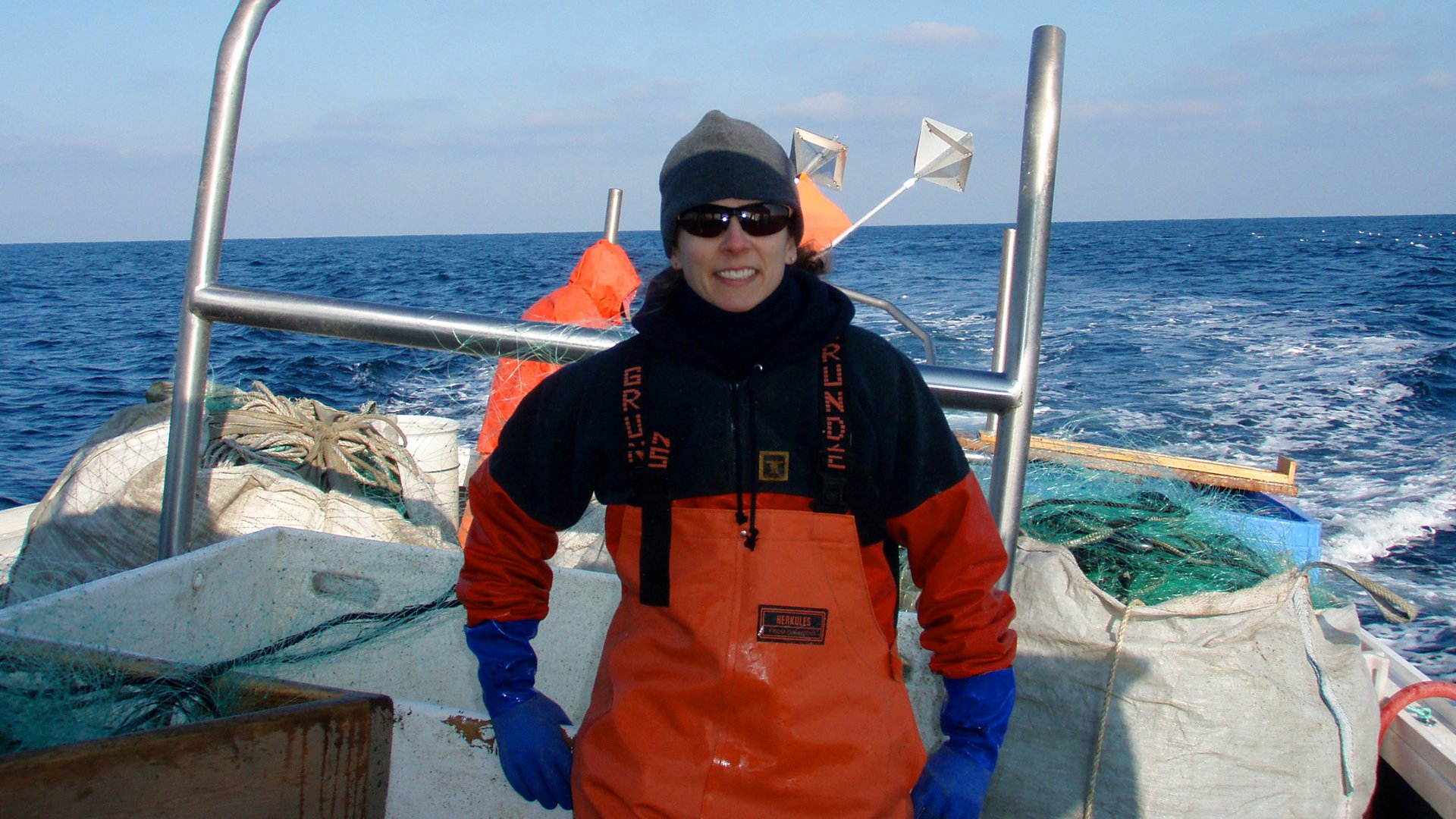
Over the course of a decade, the Gulf of Maine warmed faster than 99% of the global ocean, according to GMRI scientists. Despite this period of rapid warming, fisheries managers do not account for temperature impacts as they evaluate fish stocks. Instead, the targets for allowable harvest are set based on historic data — which sometimes fails to reflect the present reality in the Gulf of Maine.
“Those of us who study fish stocks in the Gulf of Maine are seeing significant changes due to warming waters,” said Dr. Lisa Kerr, Research Scientist at GMRI and lead researcher on the study. “Failure to account for these changes in the management process creates a frustrating scenario in which fishermen are playing by the rules, but fish stocks are still failing to rebound.”
This phenomenon was the chief observation of a 2015 study published by GMRI scientists and their colleagues. The study, published in the journal Science, identifies warmer waters as the primary factor in the failure of cod to rebound, despite fishermen’s adherence to strict management policies.
To explore solutions to this concern, this new three-year project aims to:
- Identify climate change impacts on key commercial species such as cod and haddock
- Evaluate new approaches to adapt fisheries management to account for climate change
- Project the potential economic and ecological impacts of these new approaches
The research team will use advanced computer modeling to evaluate potential “climate-responsive” fisheries management strategies. These models will use on-the-water data to compare today’s management strategies to alternative strategies which account for climate change.
“By utilizing computer modeling and simulations, we’re able to understand the economic impacts of various strategies before they have real-life consequences” said Dr. Kerr. “We know how many hard-working families and fishing communities depend on these fish stocks for their livelihoods, so it’s important to understand the impacts of new management strategies before they are implemented.”
Led by Dr. Kerr, the project also includes collaborators from NOAA (Dr. Sarah Gaichas), University of Massachusetts Dartmouth — School for Marine Science and Technology (Drs. Gavin Fay and Steve Cadrin), and GMRI (Dr. Andrew Pershing).
